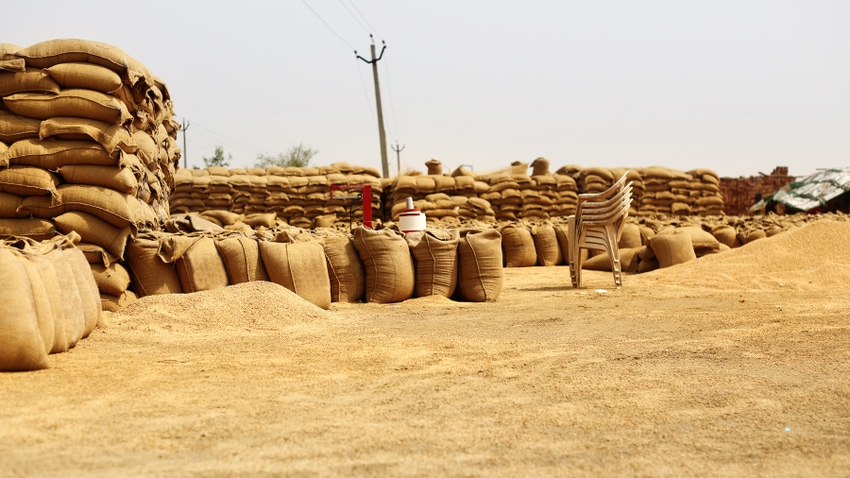April 11, 2023

U.S. Wheat Associates and the National Association of Wheat Growers praised the Office of the United States Trade Representative for submitting a counter-notification on India’s wheat and rice subsidies to the World Trade Organization April 6.
Like another filing on the same commodities in 2018, this U.S. counter-notification shows India does not report the true level of support it provides to its farmers. Unlike the 2018 counter-notification, five other wheat or rice exporter countries joined the United States in this filing: Australia, Canada, Paraguay, Thailand and Ukraine.
The filing on the WTO website can be seen here.
“We appreciate USTR’s continued efforts to highlight India’s trade-distorting wheat subsidies and its lack of transparency,” says USW President Vince Peterson. “We urge USTR to take all necessary steps to ensure India brings these subsidies into compliance with their WTO commitments.”
Subsidy scheme
India’s wheat subsidies incentivize overproduction and discourage farmers from growing other crops. This has led to massive public stocks of wheat that the Indian government has at times dumped onto international markets. The disruption it causes harms farmers in exporting countries and their customers who benefit from stable markets.
Under its WTO commitments, India may provide subsidies equal to no more than 10% of the total value of crop production. In the years covered in the counter-notification, the United States demonstrates through India’s own data that its price support appears to far exceed that limit.
“U.S. farmers understand the importance of supporting producers, but India’s approach of ignoring trade commitments is the wrong way to do it,” says NAWG CEO Chandler Goule. “More transparency is critical to restoring trust in the rules-based trading system, but even more important is for countries to follow through on their commitments.”
USW and NAWG are committed to working with USTR and other government officials to address these challenges and to ensure that U.S. wheat farmers have a fair chance to compete in the global marketplace.
Sources: U.S. Wheat Associates, National Association of Wheat Growers
You May Also Like




